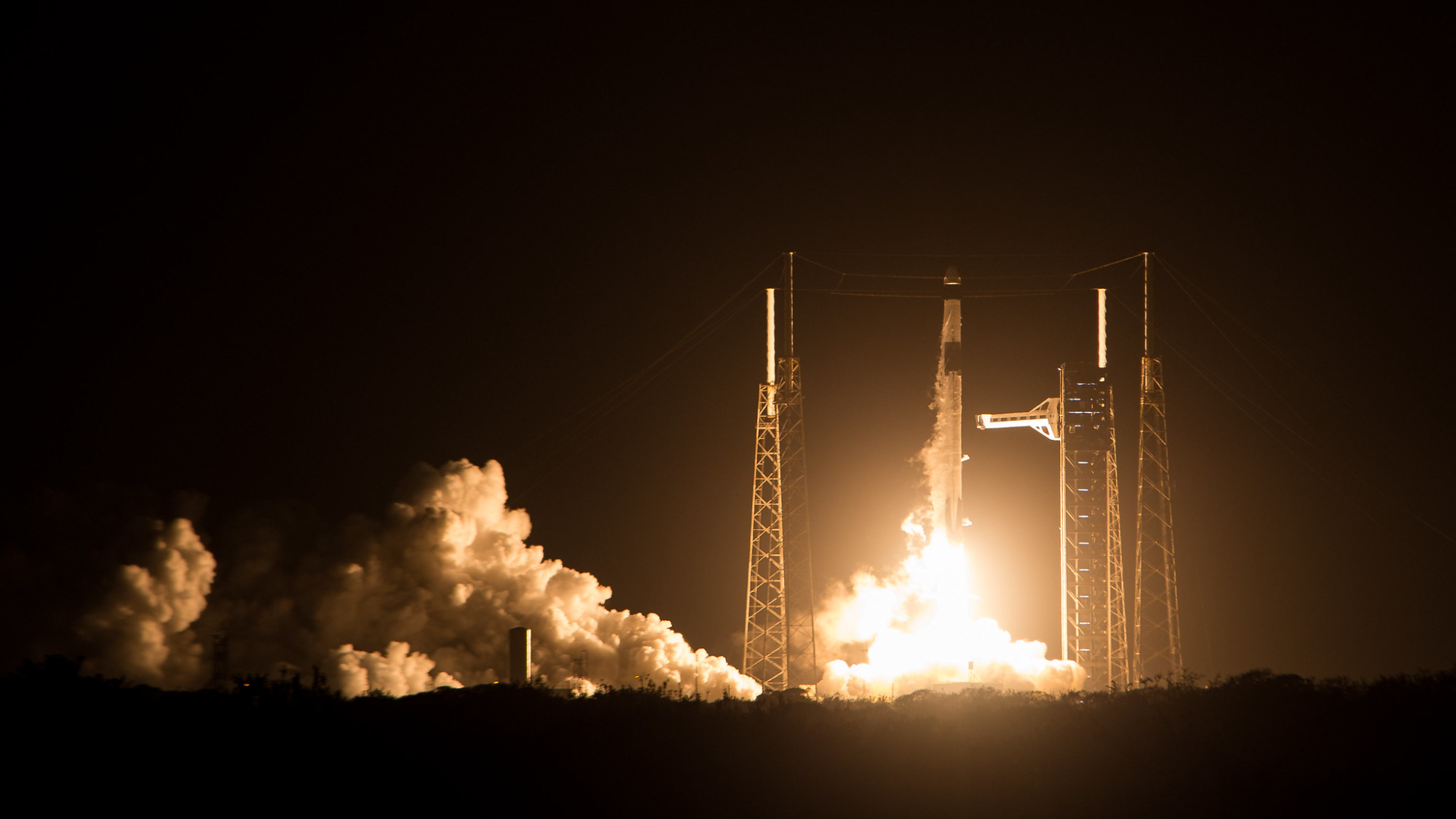Space Tourism Insurance to Be Expensive
Breaking space news, the latest updates on rocket launches, skywatching events and more!
You are now subscribed
Your newsletter sign-up was successful
Want to add more newsletters?

Delivered daily
Daily Newsletter
Breaking space news, the latest updates on rocket launches, skywatching events and more!

Once a month
Watch This Space
Sign up to our monthly entertainment newsletter to keep up with all our coverage of the latest sci-fi and space movies, tv shows, games and books.

Once a week
Night Sky This Week
Discover this week's must-see night sky events, moon phases, and stunning astrophotos. Sign up for our skywatching newsletter and explore the universe with us!

Twice a month
Strange New Words
Space.com's Sci-Fi Reader's Club. Read a sci-fi short story every month and join a virtual community of fellow science fiction fans!
The personal spaceflightbusiness — also known as space tourism — will face high hurdles from theinsurance business in its early years, according to several industry experts.
Policy costs will beextremely high until companies fly without incident at least three times. And astring of early failures may well doom startups to business failure, one ofthree insurance experts on a panel about the subject said during a paneldiscussion at the Federal Aviation Administration's annual Commercial SpaceTransportation Conference.
"In the beginningrates are going to be high. They are going to be very high," said RaymondDuffy, senior vice president at Willis Inspace of New York. "Once you showa positive result the rates will come way down." Duffy noted that earlyfailures, whether by one company or by several, could make it almost impossiblefor the new industry to get insurance. He urged the personal spaceflightcompanies to reduce risk as much as possible across the industry.
Ralph Harp of FalconInsurance, Houston, said personal spaceflight companies needed to make surethey present a very detailed "picture of what you are going to do" asthe industry gears up to send its first sets of customers into orbit. Insurerspossess very little data about the extent or nature of the risks the newindustry might face since there have been so few events beyond the spacetourists who have flown to the International Space Station. "The betteryou can explain it, the better you are going to do" when buying insurance,Harp said.
George Whitesides, senioradvisor to Virgin Galactic, told Space News after the panel finished that hiscompany "has had positive discussions with insurers." They have toldVirgin that the business model for the insurance seems sustainable.
Brett Alexander,president of the Personal Spaceflight Federation and a member of the insurancepanel, said a "sustainable rate" for insurance would be built intothe business models of the spaceflight companies.
Duffy added that, while theearly days would be challenging, the insurance industry and the personalspaceflight companies probably would find ways to mitigate risk and manage thecosts. Pam Meredith of the firm of Zuckert Scoutt & Rasenberger of Washington said the new companies must insist on extremely detailed policies since anyexculpatory clauses — those that might provide liability protection — "must be very strictly and carefully written." She said state andfederal legal exemptions, such as those in the federal Commercial Space LaunchAct, would not necessarily protect the companies from liability since theinsurance companies may find "ways of getting out of the laws" byfocusing on where the accident occurred, where the accident was caused, wherethe parties are incorporated or where the contracts were signed. "Sounless you have the protection of laws signed in all 50 states you don't havemuch protection," Meredith said.
Breaking space news, the latest updates on rocket launches, skywatching events and more!
Duffy saidit will take the industry 10 to 15 launches before the insurance companies arecomfortable with the level of risk they face. He said government subsidizedrates would help both the insurance companies and the personal spaceflightbusiness.
- VIDEO: SpaceShipTwo Revealed
- Video Player: Virgin Galactic: Let The Journey Begin
- All About Space Tourism

Colin Clark, the founding editor of Breaking Defense, also started DoDBuzz.com, the world’s first all-online defense news website, He covered Congress, intelligence and regulatory affairs for Space News; founded and edited the Washington Aerospace Briefing, a newsletter for the space industry; covered national security issues for Congressional Quarterly; and was editor of Defense News. Colin, an avid fisherman, grill genius and wine drinker, lives in his native Washington, D.C. but will eventually be relocating to Australia where he will report on Asia and Pacific defense matters for Breaking Defense.
